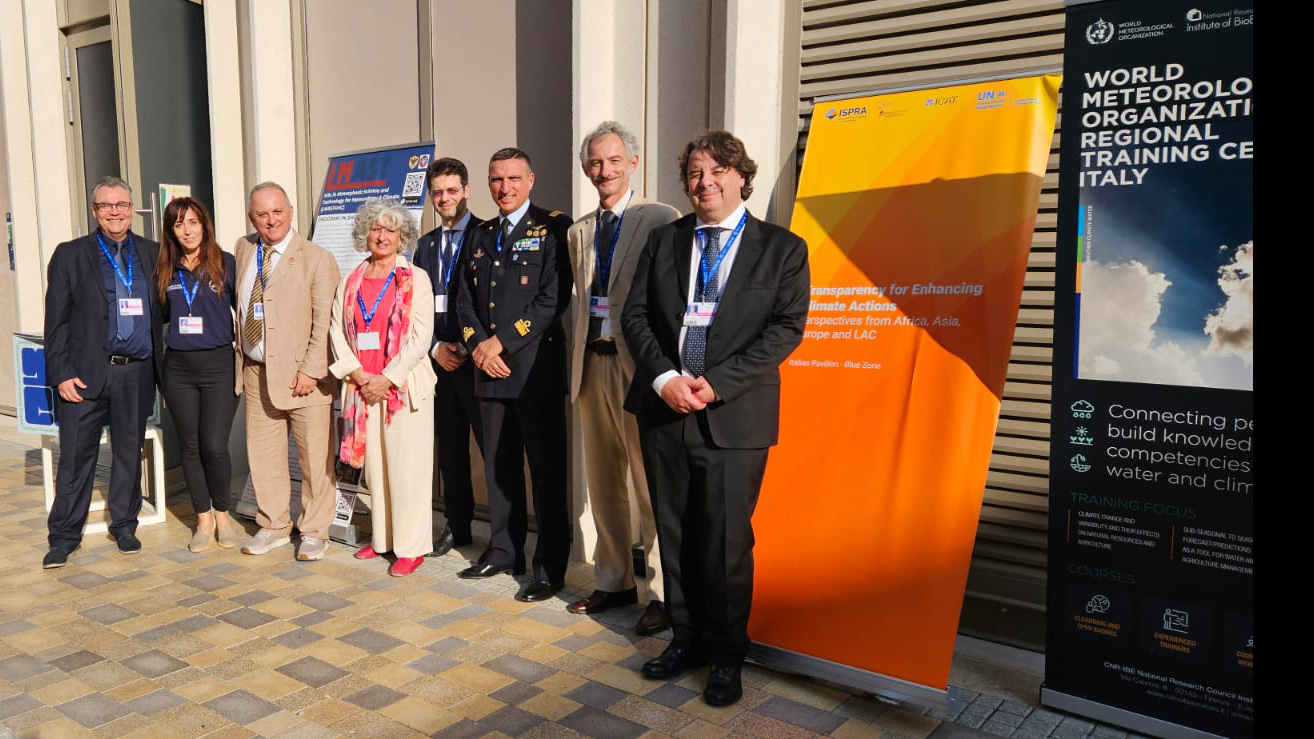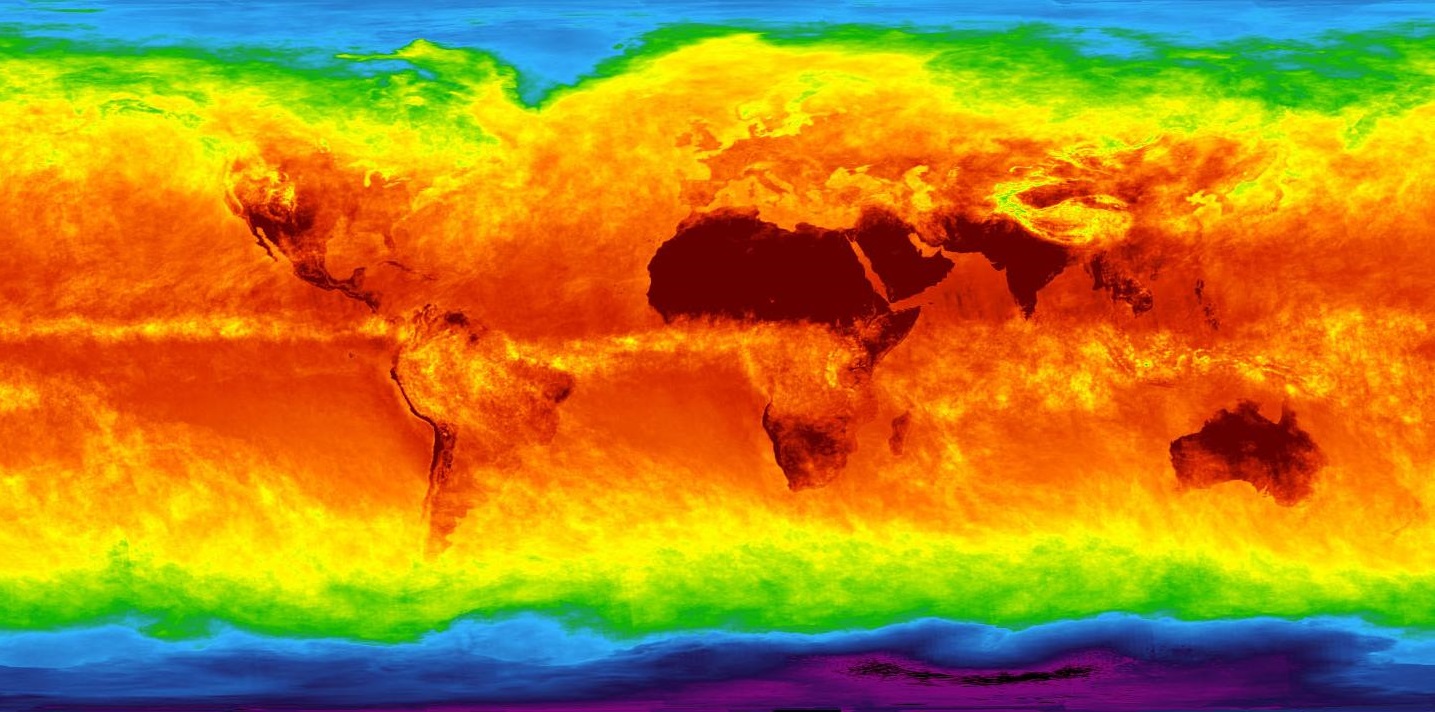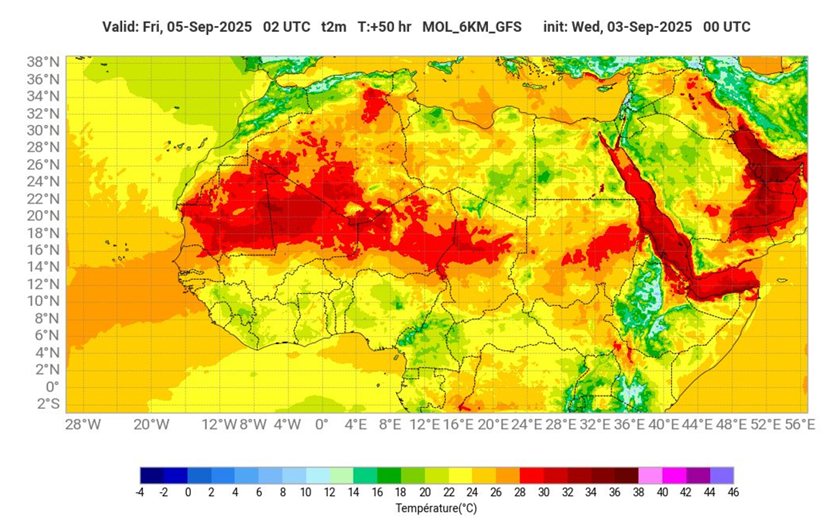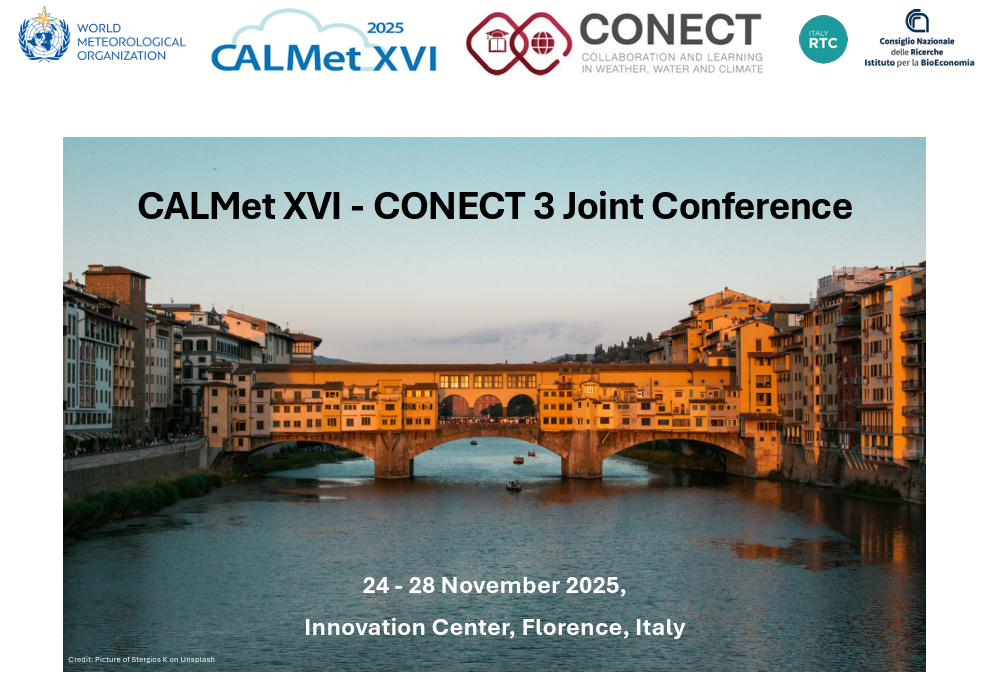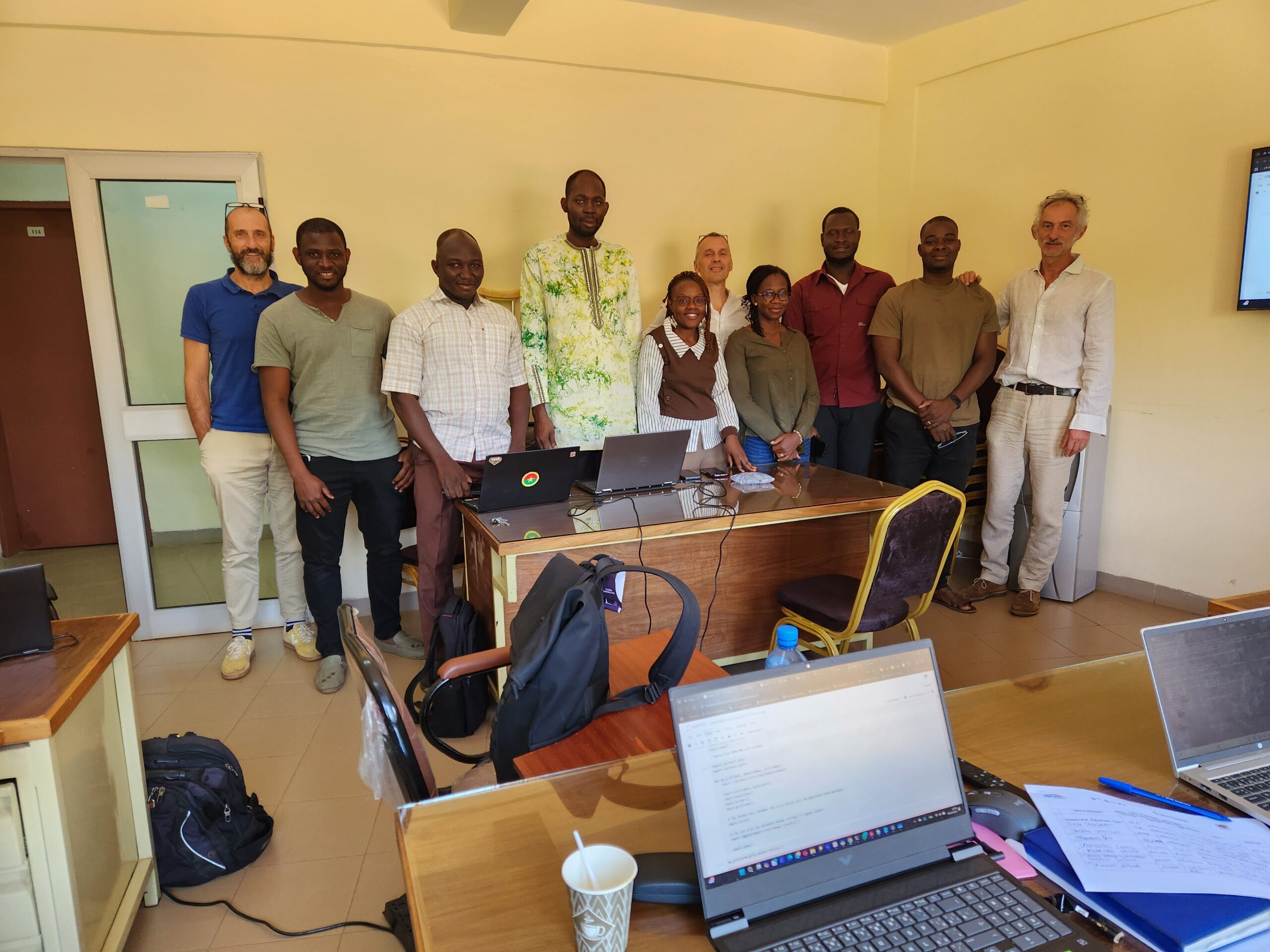On December 9, at the Italy Pavilion during COP 28 (United Nations Climate Change Conference in Dubai), the Meteorological Service of the Italian Air Force, in partnership with the Institute for Bioeconomy of the National Research Council (CNR), the University of L’Aquila, the Sant’Anna School of Pisa, and the Hydrology Satellite Application Facilities (H-Saf) consortium, is hosting an event titled “Education & Training in Meteorology and Climatology.”
Brigadier General Luca Baione, the head of the General Office for Air Force and Meteorology and Italy’s Permanent Representative to the World Meteorological Organization (WMO), coordinated the presentation on “Education & Training in Meteorology and Climatology. The presentation aims to showcase to the international community the educational, training, and specialisation opportunities offered by the “Italy System” in meteorology and climatology.
In addition to the Meteorological Service of the Italian Air Force, several other outstanding entities in education, specialization, and training represent Italy. These include the Institute for Bioeconomy of CNR, certified by WMO as a Regional Training Centre that has been providing training activities for both the European and African regions for approximately 30 years. The University of L’Aquila presents a master’s degree program developed in collaboration with “La Sapienza” in Rome, the Center for Environmental Remote Sensing and Severe Events Forecasting Modeling (Cetemps) in L’Aquila, the Sant’Anna School of Pisa, and the Hydrology Satellite Application Facilities (H-Saf) consortium, the largest within Eumetsat.
During the Q&A session, following the presentation, a question was posed: What is the reason for presenting experiences and future training projects at COP28?
This question provides the opportunity to underline the critical role of training. As outlined in its Convention, one of the central objectives of the WMO is to promote education in meteorology and operational hydrology, as well as to facilitate the coordination of international aspects related to these training needs and activities. Effectively addressing the challenges of climate change significantly relies on the role of education. This is why the presented training initiatives can contribute to enhancing the competencies and skills needed to tackle climate change challenges
Further information on the topics discussed during the meeting can be found at this link.


